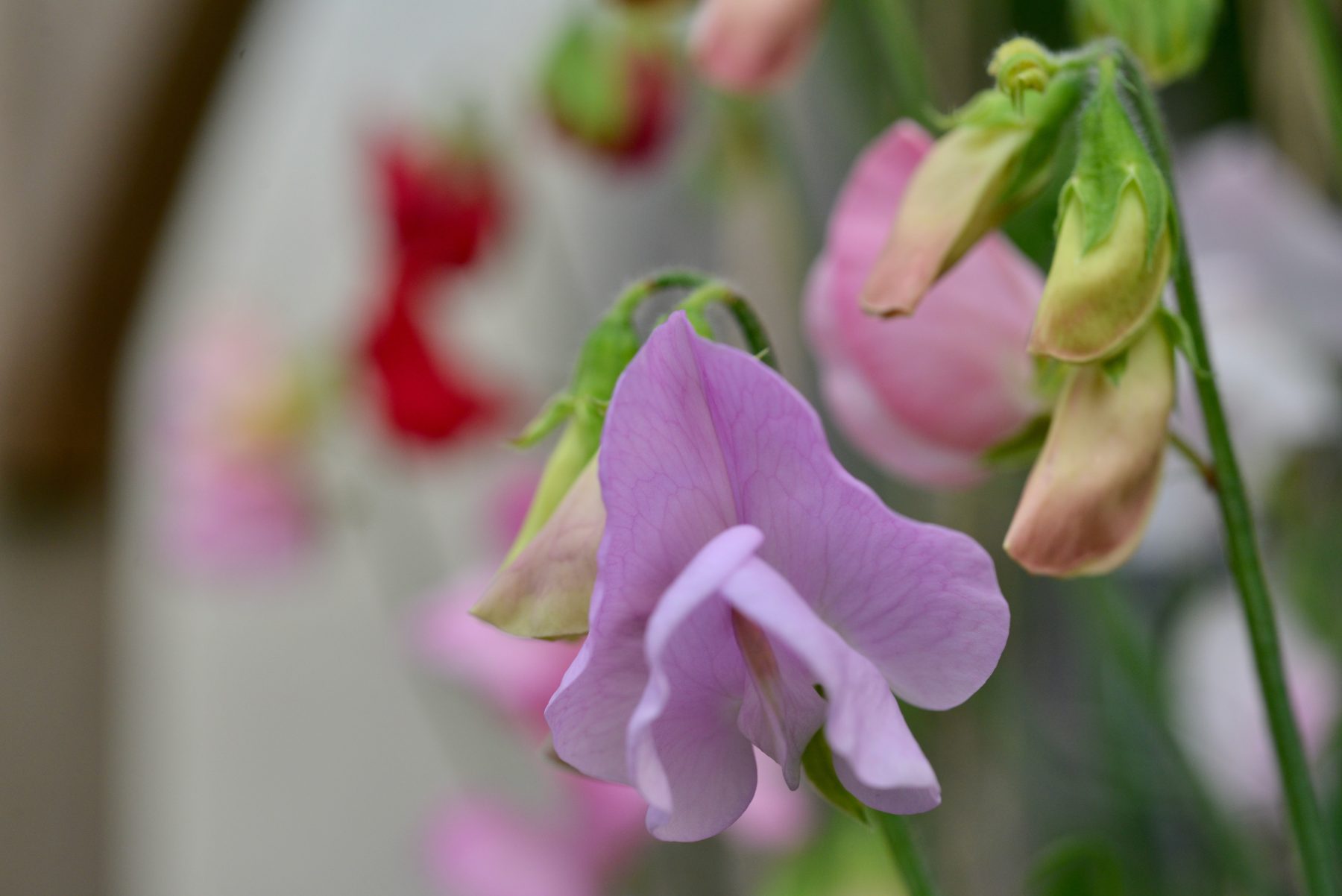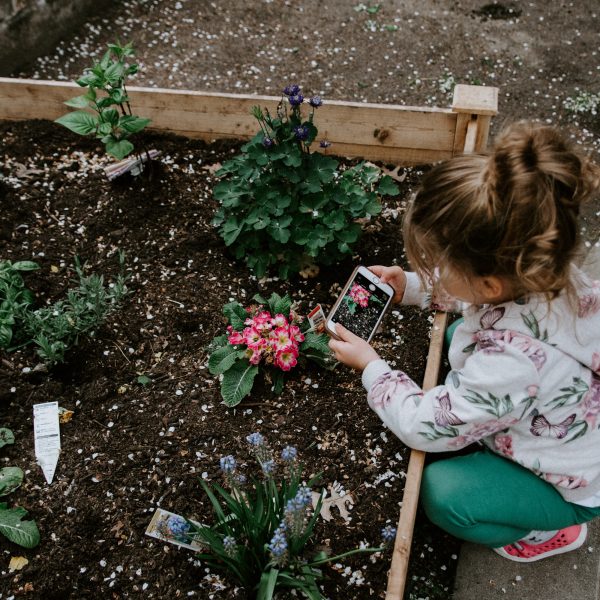Not so sweet after all – poisonous plants in your service you may not be aware of

Many plants which are commonly present in early childhood education and care services, such as sweet peas, foxglove. Milkweed, angel trumpet and many common indoor plants, such as Peace Lily and Philodendron can be toxic or dangerous to children in varying degrees.
In the piece below, we explore some common plants that pose a danger for children. Services should conduct their own research, in consultation with the local regulatory authority, if they choose to retain these plants in their environments.
Sweet pea
Sweet peas (lathyrus odoratus) are an annual climbing plant with colourful fragrant flowers. The danger of sweet peas comes from the seeds, which are found in the fruit of the plant.
Accidental ingestion of the seed does not result in poisoning, however eating large quantities of seed for weeks to months can result in a paralytic syndrome. Symptoms can include paralysis, slow and weak pulse, breathing difficulty and convulsions.
Foxglove
Foxgloves (Digitalis purpurea) are an annual (or short lived perennial) plant with bell shaped pink to purple flowers with spots inside a floral tube. All parts of the plant are toxic if ingested.
Symptoms can include nausea, diarrhoea and abdominal pain, slow heart rate, tiredness and dizziness. Contact with the sap may cause skin irritation.
Milkweed
Milkweed is often planted in a bid to attract butterflies to a space. When swallowed, symptoms of milkweed toxicity usually appear within a few hours. Initial symptoms consist of stomach upset, nausea, vomiting, abdominal pain, diarrhea, weakness, lethargy, and confusion. Severe toxicity includes seizures, heart rhythm changes, and severe slowing of the heart rate.
Contact with the sap can cause skin and eye irritation.
Angels trumpet
Angel’s trumpet is a woody shrub with tubular, trumpet-like characteristics. All parts of the plant are dangerous and especially toxic to children. Ingestion of the plants can cause disturbing hallucinations, paralysis, tachycardia, and memory loss and can be fatal.
Peace lily
Peace lilies are hardy plants with dark green leaves and white flowers, and are popular because they are easy to grow and take care of indoors. However, these plants also contain calcium oxalate crystals. Ingesting any part of the plant can lead to symptoms of irritated skin and mouth, nausea and vomiting.
Philodendron
If grown outside, these plants are often vines or climbers with thickened stems and numerous aerial roots. As an indoor plant, philodendron has attractive heart shaped leaves which may draw children towards it.
All parts of the plant contain needle-like calcium oxalate crystals, which if chewed or eaten, can cause immediate pain or a burning sensation and swelling of the lips, mouth, tongue and throat. Swelling may cause copious salivation, difficulty in breathing, swallowing or speaking. Severe swelling or gastric irritation may become life-threatening.
The sap may cause contact dermatitis and eye irritation.
The list above is not exhaustive, and services are encouraged to carefully review the health and safety risks of new and existing plants within their grounds.
For further information and support, please see the following resources:
The Sector would like to acknowledge early childhood teacher and freelance journalist Melina Byrne for her suggestion for this story.
Popular

Quality
Practice
Provider
Research
ECEC in focus - Una Springwood’s intergenerational initiative brings young and old together through connection and care
2025-06-30 10:00:45
by Contributed Content

Provider
Practice
Quality
Research
Aboriginal Education Strategy drives early learning and school success in South Australia
2025-07-01 09:55:12
by Fiona Alston

Workforce
Policy
Quality
Research
Inclusive Practice Framework set to strengthen inclusion in early childhood settings
2025-06-24 11:37:00
by Isabella Southwell












